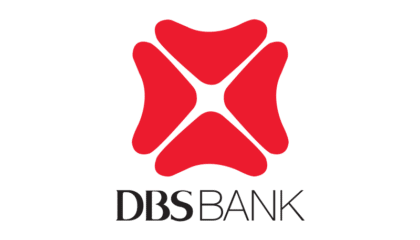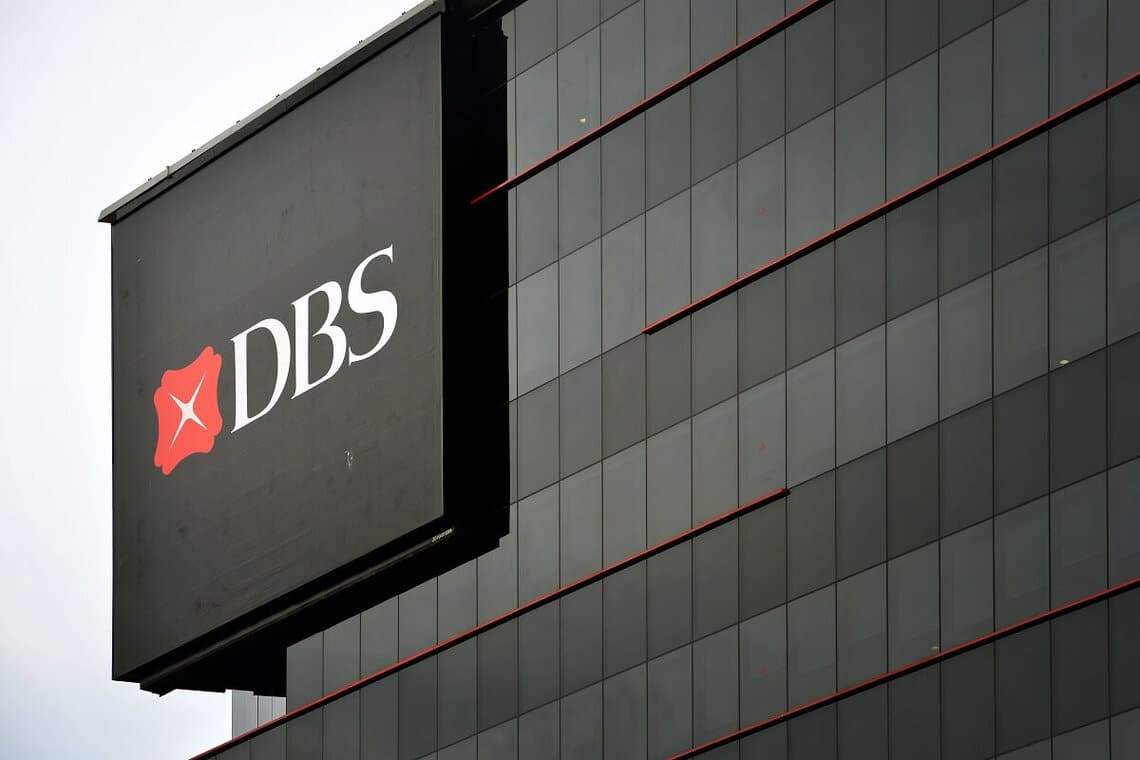DBS Bank is the largest bank in Singapore.
Recently its CEO, Piyush Gupta, said the bank plans to grow its business related to cryptocurrencies and digital assets, despite the bear market.
Singapore: DBS Bank wants to continue investing in crypto services

In particular, it wants to expand its digital exchange and offer services to more than 300,000 large customers in Asia, as reported by the Financial Times.
Asia is definitely the second largest market for cryptocurrencies after North America, and Singapore is a major crypto hub. In addition, DBS Bank provides services not only to Singaporeans, but to many people residing in Southeast Asia.
Moreover, since it is actually prohibited in China to carry out crypto exchange activities, it is often the exchanges in Singapore and South Korea that provide crypto services to the Chinese. As a matter of fact, the Chinese have never stopped using cryptocurrencies, for instance for trading, despite the fact that Chinese law effectively prohibits it.
So if the approximately 600 million people in Southeast Asia are added to China’s 1.3 billion, the potential user base for crypto services offered by banks there is truly enormous. For example, only slightly more than 350 million people officially reside in North America.
According to the CEO of DBS, the sharp downturn in the crypto market in 2022 actually indicated that it should be established and regulated financial institutions, and not mere start-ups, that should offer investors and retail speculators products such as digital asset trading.
Indeed, non-institutional and unregulated platforms may expose the inexperienced citizen to greater risks than if he or she were to turn only to regulated institutions.
To be fair, by now there are genuine “institutional” exchanges, and subject to strict rules and regulations, but there are some countries where small crypto startups are proliferating the most. It is possible that Southeast Asia is full of such countries, while for example in North America there are certainly more crypto institutions. Nonetheless, the bear market has also hit the small American and European investors.
Last year, DBS obtained a license from the Monetary Authority of Singapore to offer crypto services, thus allowing its wealthy institutional clients to gain invitation-only access to its DBS Digital Exchange.
However, this brought less than 1,000 users into the exchange, as these were only large institutional clients who entered by explicit invitation from the bank.
Now, however, the strategy will change, and they will aim to reach another 300,000 wealthy customers of the bank throughout Asia. These will include private banks, accredited investors, other exchanges, and funds
According to Gupta, DBS has had to endure Singapore‘s push for cutting-edge financial technology because their customers see them as pioneers in the field, so much so that they are pushing beyond their current boundaries. These statements are very interesting because they probably refer precisely to the institutional and wealthy clients that their digital exchange is aimed at.
Moreover, the fact that according to Gupta it was the bear market that pushed toward the adoption of institutional solutions in the crypto sector suggests that the bank does not have a particularly pessimistic view on crypto markets.
It is worth mentioning though, that Singapore is trying to become a crypto hub for Southeast Asia, as its economy is also dependent on financial services in particular, and on this path it seems more than plausible that in some way institutions have also decided to involve the country’s largest bank.
That strategy has been put to the test this year, particularly because of the implosion of crypto projects or funds that were based specifically in Singapore, such as Terraform Labs and 3AC. Indeed, last week Singapore’s financial markets regulator made it known that it will take new measures to protect retail investors.
It is possible to imagine that precisely in order to further raise the level of protection for retail investors, and particularly wealthy ones, they are targeting top-tier institutional and regulated platforms, such as those that DBS can offer, instead of startups that are more difficult to control and with often unconventional behavior.
It is the CEO of DBS himself who confirms this kind of paradox, namely that of a country that on the one hand wants to become a major crypto hub globally, but on the other hand is concerned that ordinary citizens may be financially harmed by a speculative asset class like crypto.
Gupta reveals that the losses suffered by retail investors in 2022 are substantial, not least because, for example, on their DBS Digital Exchange the number of trades more than doubled from April to the end of June, that is, during the period of the implosion first of the Terra/Luna ecosystem and then of Three Arrows Capital. Indeed, during the same period, it claims that the amount of BTC purchased increased by as much as nearly four times.
At the same time, he also reveals that the regulator does not seem to be completely on board with this strategy, namely to turn Singapore into a world-class crypto hub. It is possible that it is precisely what happened in May that convinced the MAS (Monetary Authority of Singapore) to want to be more cautious in this respect, in part so as to avoid ruining a reputation that has so far appeared to be solid and positive.
On the other hand, Gupta also revealed that about $1 billion went out of DBS’s accounts to crypto exchanges before they opened their own exchange, and this actually seems like a very good reason behind the bank’s decision to launch one.
In other words, this seems an inevitable strategy to adopt for those who want to remain leaders in the financial sector of the third millennium, regardless of the new issues that these new technologies bring. If in the short term MAS’s caution indeed seems justified, in the long run it could risk producing damage to the economy of the small Asian state.




